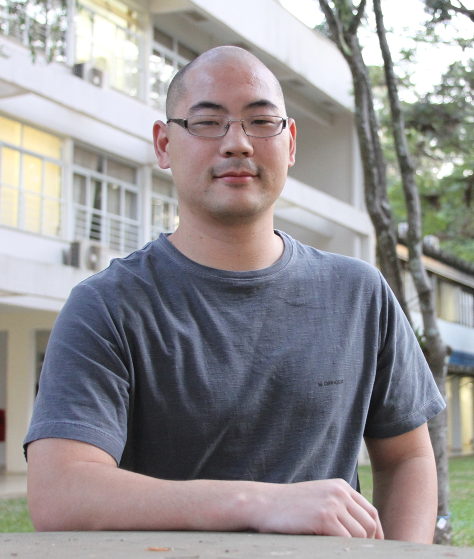
Ashok K. Goel
Georgia Institute of Technology, Atlanta, USA
Ashok Goel is a Professor of Computer Science and the Director of the Ph.D. Program in Human-Centered Computing in the School of Interactive Computing at Georgia Institute of Technology. He conducts research into artificial intelligence and cognitive science with a focus on computational design and creativity. He is the Editor of AAAI’s AI Magazine and a Co-Chair of the 41st Annual Meeting of the Cognitive Science Society. He is a co-editor of the volume Blended Learning in Practice: A Guide for Practitioners and Researchers published by MIT Press in March 2019.
TITLE OF TALK: AI Assistants for Online Learning
The grand challenge for the Georgia Tech emPrize team in the XPrize AI competition is to make online education more effective and achievable and to take online learning to new classes in blended education. We are developing a coordinated set of five AI techniques to assist online learning: (1) Virtual cognitive tutors for learning domain concepts and skills in a graduate online class on AI and an online introductory class on computer programming; (2) Virtual teaching assistants that answer questions and student introductions on the discussion forums of the graduate online AI class and the online introductory programming class; (3) A virtual research assistant that helps biology students conduct computational experiments in ecology; (4) A virtual research assistant for literature review that helps engineering students locate and understand biology articles relevant to design problems, and (5) A question-asking virtual research assistant for formative assessment to help learners refine their business models for spawning startups. I will describe the current status of these technologies, including their assessment and evaluation.

Seiji Isotani
University of São Paulo, São Paulo, Brazil
Seiji Isotani is a Professor of Computer Science and Learning Technology at the University of Sao Paulo, Brazil. He received the B.Sc. and M.Sc. degrees in Computer Science from the University of Sao Paulo and the Ph.D. degree in Information Engineering from Osaka University, Japan. Before joining the University of Sao Paulo, Prof. Isotani worked as a research fellow associated with the Human-Computer Interaction Institute at Carnegie Mellon University, USA. His research career has been devoted to imagine, design, develop, test and deploy intelligent, interactive and collaborative educational systems Prof. Isotani scientific and social mission converges into a single goal which is to enable the realization of AAAL: Anytime, Anywhere, Anybody Learning, by developing cutting-edge technology. He is the co-founder of two startups that won several innovation awards in Brazil. He has published over a hundred scientific papers, books and book chapters on the field of educational technology and Semantic Web. Currently, he is supporting public policies created by the Ministry of Education to increase the use of technologies in schools and disseminate the concept of evidence-based education. His mains research interests are Artificial Intelligence in Education (including ITS), Computer-Supported Collaborative Learning (CSCL), ontology engineering, open data, and technology-enhanced learning. His research has received international recognition with awards from several societies such as IEEE, ACM, and SBC.
TITLE OF TALK: Seducing Students to Learn Together: The Power of Semantic Modeling and Gamification in CSCL
Computer-Supported Collaborative Learning (CSCL) is an area of research that investigates how collaboration can be enhanced by technology to support effective interactions among students and promote robust learning. Although the research community has produced evidence showing the benefits of CSCL, recent findings also indicate that over time students become demotivated to participate in group learning. There are several reasons for that such as inadequate group formation, poor design of collaborative activities and lack of intelligent support in current CSCL environments. In this talk, I will present 15 years of advancements in semantic modeling to represent effective collaborative learning situations and how it can positively impact group formation, activity design, and interaction analysis. Then, I will address the problem of demotivation in CSCL by enhancing current semantic models with gamification concepts, to seduce and motivate students to work collaboratively, and with affective concepts, to refine group learning mechanisms according to students' personality traits.
Finally, we will show how to use the power of these models to equip intelligent CSCL tools with the necessary knowledge to improve learning gains as well as students desires to learn with peers.